If the UN high-level panel on sustainable development goals gets its way, the world will from 2015 be chasing a target to “reduce bribery and corruption”. That was the recommendation set out in the panel’s report last month – and, right on cue, water professionals last week held the Water Integrity Forum in the Dutch town of Delft to discuss how to improve integrity in an industry that, it acknowledged in its final statement, “is particularly vulnerable to corruption”.
The proposed UN target has a long way to go before it is adopted by the General Assembly in September. Not least answering the question of how you measure bribery and corruption. The danger will be that some convenient abstraction gets adopted, such as the millennium development goals’ health target for delivering safe drinking water, which became an engineering target for “improved” water supplies.
Oiling the wheels of service
At least, some sectors of the water industry are owning up to their sins. Which is a start. Though as the Forum -- orqanised by UNESCO’s institute for water education (IHE), the Water Integrity Network and the Water Governance Centre -- repeatedly heard, it has a lot to do.
Over three days, the horror stories came thick and fast. From a President of Burundi allegedly diverting water from an aid-funded rural water supply scheme to irrigate his hilltop pineapple farm, and the British water utility Severn Trent’s 2008 conviction for lying about leakage rates from its water mains, to numerous tales of pipes paid for by aid agencies that somehow never deliver water, the industry is riddled with malfeasance.
For some funding agencies, paying bribes is an irritating necessity in oiling the wheels of service provision. But the forum insisted that bribes don’t ensure water provision, they frequently prevented it. Often, delegates concluded, water shortages “are not due to shortage of water resources, but to governance failures... such as corruption.”
Covert agendas
Corruption also increased poverty by excluding poor farmers from irrigation systems; allowing the destruction of groundwater reserves; turning a blind eye to pollution that made water sources unusable; and encouraging agricultural land grabs, many of which are really water grabs.
The Water Integrity Network, in a pre-forum note to delegates, cited evidence “that corruption decreases efficiency of African water utilities by more than 60 per cent.” It listed some familiar reasons for water’s particular vulnerability. A monopolistic industry, large capital intensive infrastructure with enticingly large price tags, and diffuse decision making all allowed “loopholes to be exploited rampantly.”
So much was so familiar. But there were worrying suggestions that modern ideas about integrated water management, including river basin management, were increasing the risk of corruption. For instance, forging cross-sectoral links to manage the competing water needs for water for food and energy might sound like smart management. But “by increasing complexity, it increases opportunities for corruption”, a session organised by IWMI concluded.
There is, it seems, an emerging conflict between optimal hydrology and optimal governance.
Financial corruption was matched, other sessions heard, by scientific corruption and the misuse of data. Water monopolies routinely withhold hydrological data – whether from poor customers or downstream countries on international rivers. Too many consultants are willing to prostitute their expertise by being nice about failing projects -- in return for securing the next commission. So said David Zetland, an American political economist who is both a consultant on water governance and a data disseminator.
Several speakers widened the definition of corruption to include reports from Ethiopia and elsewhere of male water kiosk operators demanding sex for water, and water-meter readers harassing women in their homes.
But the main focus was on events in air-conditioned capital cities, where delegates related their experiences of government officials demanding cash to attend meetings and cars to deliver contracts. But also of aid agencies with their own covert agendas to promote consultants and contractors from back home.
Veteran Dutch consultant Alphons Klomberg reported how he had devised a scheme for installing 4000 water-delivery points in four projects across four provinces of Burundi. “But the funders wanted one package, not four.” With no local entrepreneurs able to operate at that scale, “a French company got the work.” It then subcontracted the tasks to the local companies, which ended up doubling costs – “so half as many water points were installed.”
Who wasn’t at the forum?
Large engineering companies were thin on the ground, but most remarked was the absence of Chinese delegates. So there was nobody to reply when one senior delegate said baldly that “China is a corrupting influence in Africa”. Nor when Uganda’s minister for water resources Betty Bigombe told the closing panel session that “the Chinese make it very attractive for us to borrow money from them. They literally carry dollars around in their pockets to get a contract.”
Bigombe stayed for all three days of the forum, breaking what she called a “taboo” among ministers and senior officials in Africa about discussing corruption. “Everybody knows it’s there, but nobody fights it,” she said. She was equally fierce, however, with western companies for “tempting people with bribes” and commissions, and what the rector of UNESCO-IHE Andras Szollosi-Nagy said his colleagues in Communist Hungary used to call “constitutional expenses”.
A work in progress
Szollosi-Nagy will take the forum’s conclusions -- including a call for a “universal code of conduct for individual and institutional behaviour” -- to the UN Water Summit in Budapest in October. But the forum admitted there was as yet no agreed formula on how best to fight corruption and improve the industry’s integrity. “The tool box”, said one delegate, “remains work in progress”.
Some saw the key as more competition, while others wanted more regulation. Some thought centralization of decision-making would help, while others sought decentralization. But most agreed that, one way or another, greater accountability to citizens was the key.
The IWMI session called for “strengthening grass-roots organization” to put pressure on weak water institutions to clean up their acts, said its convener, Floriane Clement, who works for IWMI in Nepal.
Kitty van der Heijden, director of water issues at the Dutch Ministry of Foreign Affairs, put it another way: “We need to bring ordinary people to the table. That’s when you change society.”



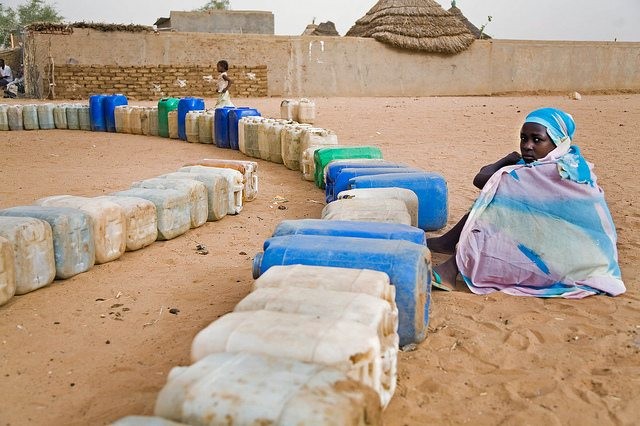
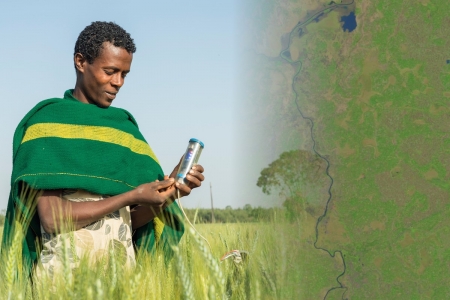


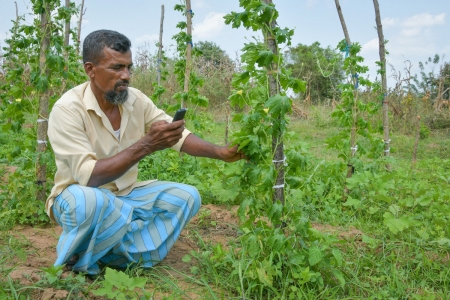
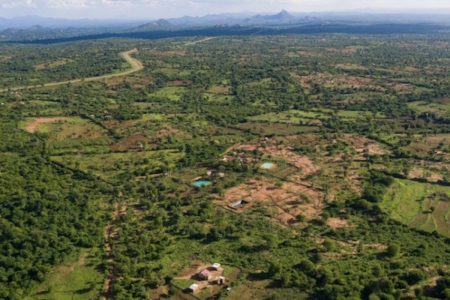


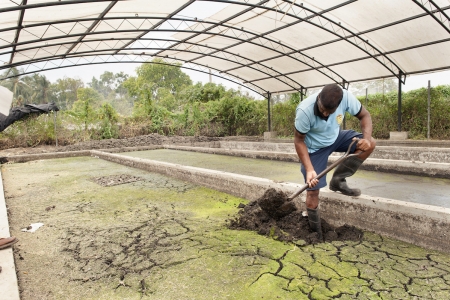
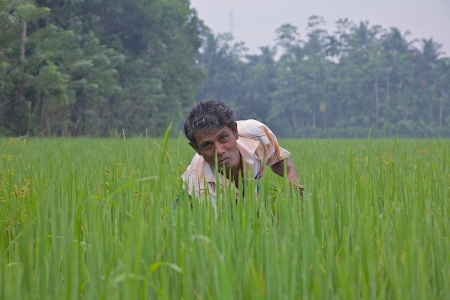
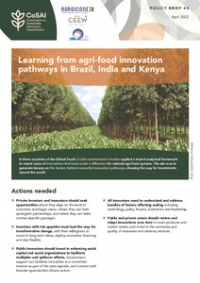
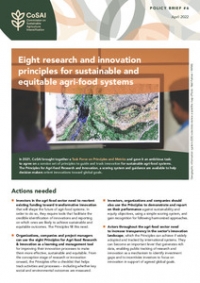
Comments
The open access journal Water Alternatives (www.water-alternatives.org ) has just published a Special issue: Voices of Water Professionals: Shedding Light on Hidden Dynamics in the Water Sector.
In that issue, there is a very good article by Walter Huppert on rent-seeking and corruption in the water sector:
Rent-seeking in agricultural water management: An intentionally neglected core dimension?
Walter Huppert
Water Alternatives 6(2): 265-275
https://www.water-alternatives.org/index.php?option=com_docman&task=doc_d...
Your position on a dirty money conforms to that of other authors I encountered, which makes me wonder whether this consencus in pulic opinion signifies the beginning of a new way of thinking. You share very good information I appreciate you sharing this with the rest of us Fred.